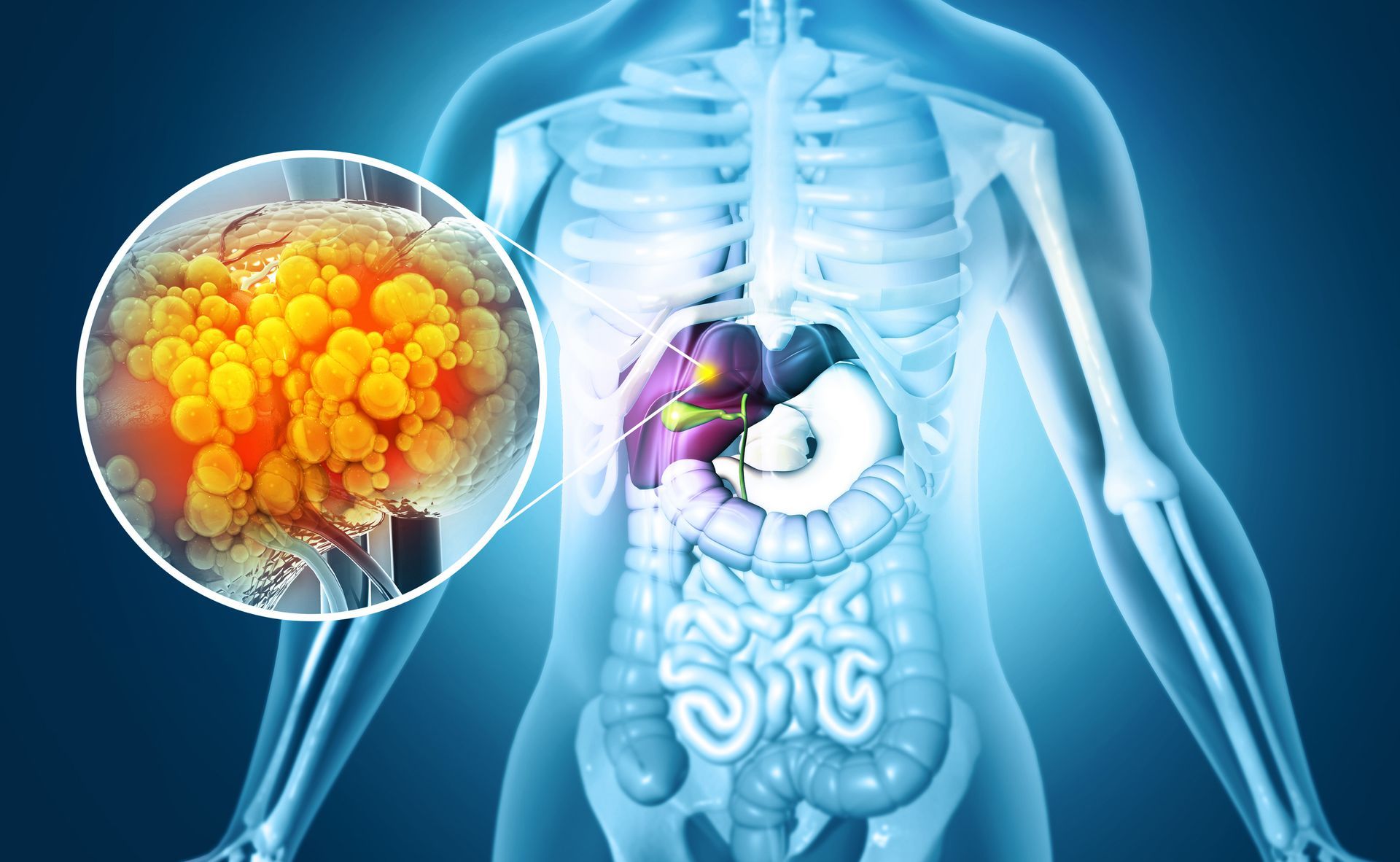Digestive Disease Treatment: 5 Reasons to Visit a Gastroenterologist
Stomach and digestive issues can have a dramatic effect on your daily life. But how do you the difference between eating something that didn’t agree with you and if it’s time to see a gastroenterologist? First let’s begin with what a gastroenterologist actually does.
A gastroenterologist is an internal medicine doctor that specializes in the gastrointestinal system. These doctors focus on the disorders, diseases, and overall health of your digestive system. The GI tract, or gastrointestinal system includes all of the organs that range from your mouth to your anus. This includes the spleen, liver, pancreas, both large and small intestines, and the stomach. So what are some common signs that it’s time to see a gastroenterologist?
Cancer
Colon cancer, or colorectal cancer is one of the most commonly diagnosed cancers in the United States. This type of cancer has very few symptoms in its early stages. With regular screenings this type of cancer can be detected and successfully treated by a gastroenterologist. A colonoscopy is the most common way of inspecting the colon for polyps and cancer.
Heartburn
While a spicy meal can spur on acid reflux, if this symptom continues on a chronic basis, it needs to be treated. Treating the sphincter muscle that controls the opening between the esophagus and the stomach can be critical in treating heartburn and it’s related digestive conditions. Heartburn can impact your ability to swallow and cause esophageal damage.
Ulcers
Ulcers are a break in the lining of the gastrointestinal tract. These sores are typically caused by a reaction to NSAIDs, nonsteroidal anti-inflammatory drugs or bacterial infections. While ulcers can heal on their own, many cases require treatment to ensure they don’t return in the future. Abdominal pain, bloating, and bloody stools are are all symptoms of an ulcer. If you experience any of these symptoms you should see a gastroenterologist to rule out ulcerative colitis.
Constipation
Constipation is common digestive issue that by itself shouldn’t be a major concern, but can be a symptom of a more serious issue. If you have fewer than three bowel movements a week, you are suffering from constipation. This condition can be caused by the side effect of medication, a lack of dietary fiber, or prolonged physical inactivity. If you are experiencing prolonged constipation or have corresponding stomach pain or blood stools you should see a gastroenterologist as constipation is a common symptom of many different conditions.
Hemorrhoids
When the veins in and around your lower rectum become inflamed, it creates hemorrhoids. This condition can be caused by chronic diarrhea or constipation, as well as straining during bowel movements. This issue cannot only be painful, it can actually interfere with your bowel function. There are some over-the-counter medications that can provide relief, however, if this condition persists, or if you experience anal bleeding, you should seek treatment from a gastroenterologist.
These are only a few digestive and gastroenterological conditions that should cause you to seek treatment from a doctor. If you have any GI discomfort, or chronic, lingering issues, the expert staff at Digestive Diseases Center is here to help.
CONTACT
850-763-5409
ADDRESSES
4 LOCATIONS
204 E 19th Street, B, Panama City
12216 Panama City Beach Pkwy, D, Panama City Beach
4295 3rd Ave, Marianna
101 Good Morning St., 109B, Port St. Joe
Subscribe to our newsletter:
subscribe to our newsletter
We will get back to you as soon as possible.
Please try again later.



